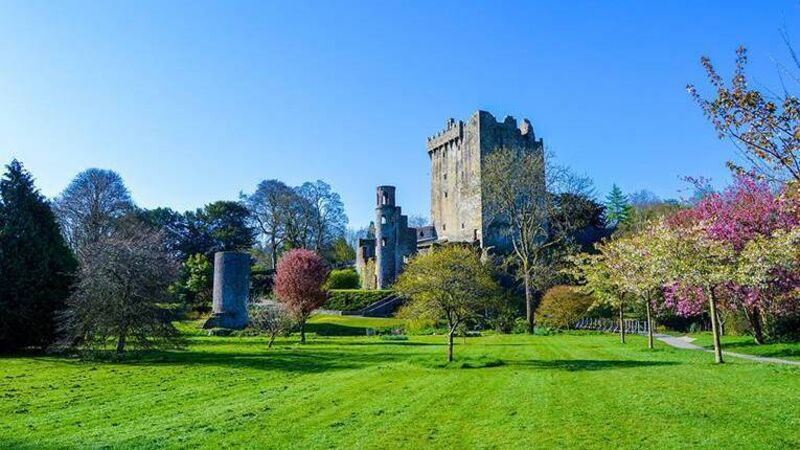Nicole Glennon: How tourism hopes to put the year of Covid-19 behind it

Blarney Castle: Tourism has had to weather repeated lockdowns, the cancellation of flights and the disappearance of the high-spending tourists from the US.
In 2019, the Irish tourism industry was worth €9.3bn to the economy and employed 265,000 people.
That was when more than 10m tourists visited the island and spent close to €5.2bn, bringing prosperity to all four corners of the country and helping small rural communities make a living.











